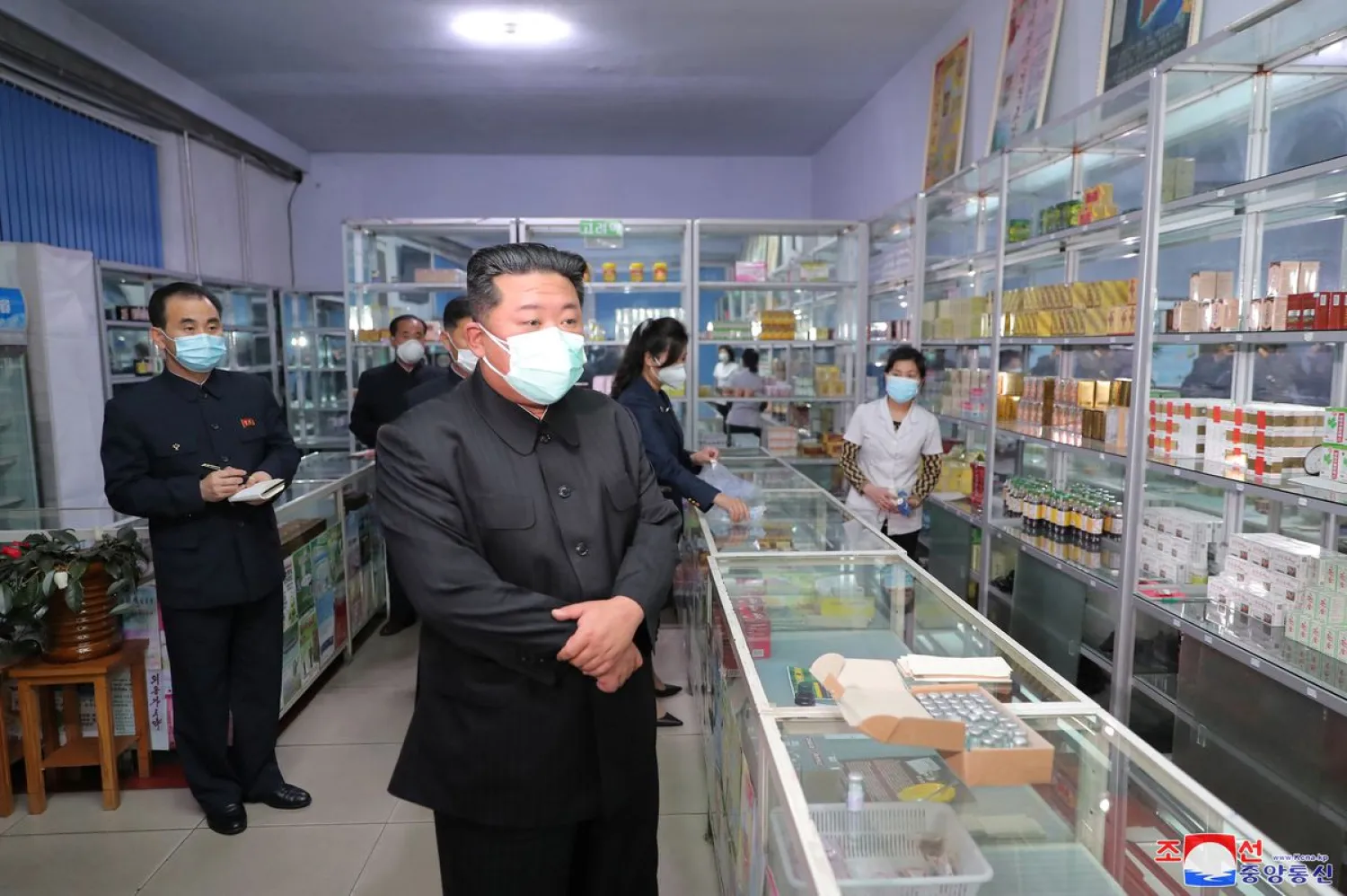The World Health Organization warned on Monday that COVID-19 may spread rapidly in North Korea, where it said vaccination programs had yet to begin.
"With the country yet to initiate COVID-19 vaccination, there is risk that the virus may spread rapidly among the masses unless curtailed with immediate and appropriate measures," said Poonam Khetrapal Singh, WHO's regional director for South-East Asia, in a statement sent to journalists.
In the same statement, the WHO said it had yet to receive information about the reported outbreak directly from local authorities.
The isolated state is one of only two countries yet to begin a vaccination campaign and, until last week, had insisted it was COVID-free.
Now it is mobilizing forces including the army and a public information campaign to combat what authorities have acknowledged is an "explosive" outbreak.
In an interview on state television on Monday, Vice Minister of Public Health Kim Hyong Hun said the country had switched from a quarantine to a treatment system to handle the hundreds of thousands of suspected "fever" cases reported each day.
The broadcaster showed footage of the hazmat team, and masked workers opening windows, cleaning desks and machines and spraying disinfectant.
To treat COVID and its symptoms, state media have encouraged patients to use painkillers and fever reducers such as ibuprofen, and amoxicillin and other antibiotics - which do not fight viruses but are sometimes prescribed for secondary bacterial infections.
While previously playing down vaccines as "no panacea", media have also recommended gargling salt water, or drinking lonicera japonica tea or willow leaf tea three times a day.









